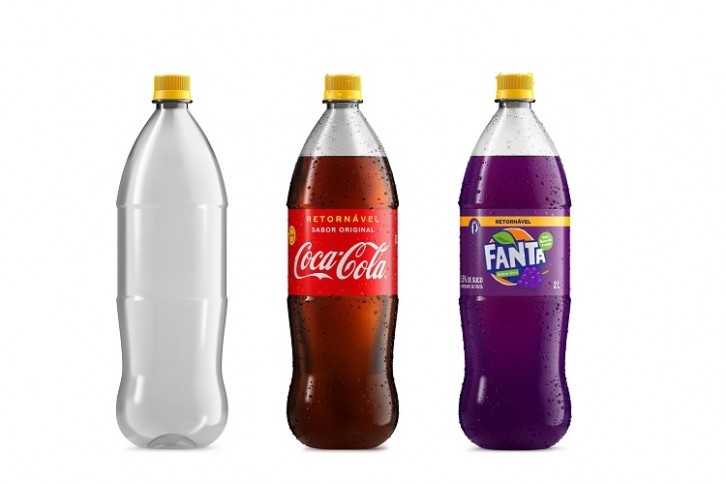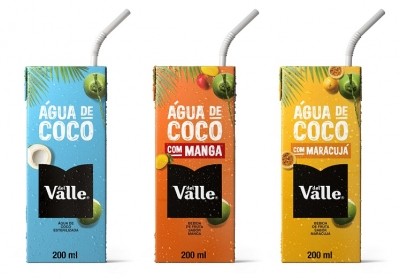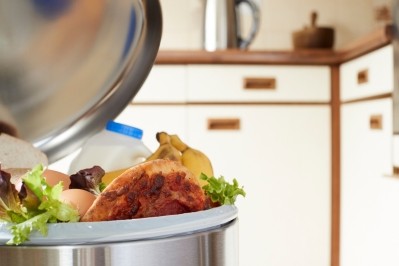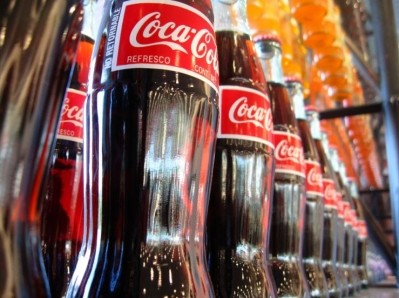Coca-Cola Brazil wants 40% of its bottles to be returnable by 2020

The beverage major kick-started its returnable bottle initiative in Brazil back in 2008 – an initiative that now existed in almost every LATAM country for a number of brands, including Coca-Cola, Grape Fanta, Sprite and Guarana Jesus, among others. Under the initiative, consumers can return empty bottles to stores and receive newly filled bottles at a reduced rate. Each returnable bottle could be used 25 times – being sanitized and relabeled at each cycle before final recycling.
Universal format and paper labels
Diogo Gioia, market execution manager at The Coca-Cola Company, said whilst the project had been successful in Brazil so far, stopping more than 200 million new PET bottles entering the market each year, the recent investment enabled important improvements.
“Until now, there was a different model of returnable bottle for each brand of soda, with its own format and the label printed permanently. The ink applied to the bottles also impaired the recycling of the product,” Gioia told FoodNavigator-LATAM.
However, with the latest R$100m investment, he said Coca-Cola now used 100% recyclable paper labels and had adapted production lines to apply and remove these at each new bottle cycle. The company had also developed a universal bottle format in two sizes – 1.5 liter and 2 liter bottles – which meant every bottle could be packed and labeled with any product.
Gioia said Coca-Cola Brazil currently sold about 20% of its volumes in returnable packaging but the aim was to increase that to 40% by 2020.
“The investment was fundamental. New technologies have allowed for more versatility, efficiency and less waste,” he said.
Coca-Cola Brazil said the main benefits of the universal packaging were reduced carbon emissions and waste, since it reduced the number of bottles produced, as well as full control over recycling and final destination of the returnable bottles.
Wider LATAM plans
The universal returnable bottles with paper labels had already been rolled out in São Paulo and the Northeast of Brazil and in December would roll out across Rio de Janeiro. Within two years, Coca-Cola said it wanted to replace all of its returnable bottles with the new formats.
Asked why it would take two years, Gioia said: “Because it is necessary to wait for the cycle of use of the old bottles.”
The company also planned to roll out the improved returnable formats in Chile, Argentina, Uruguay, Colombia and Mexico and would invest money into infrastructure, expansion of packaging lines, factory equipment and containers to increase participation in these markets.








